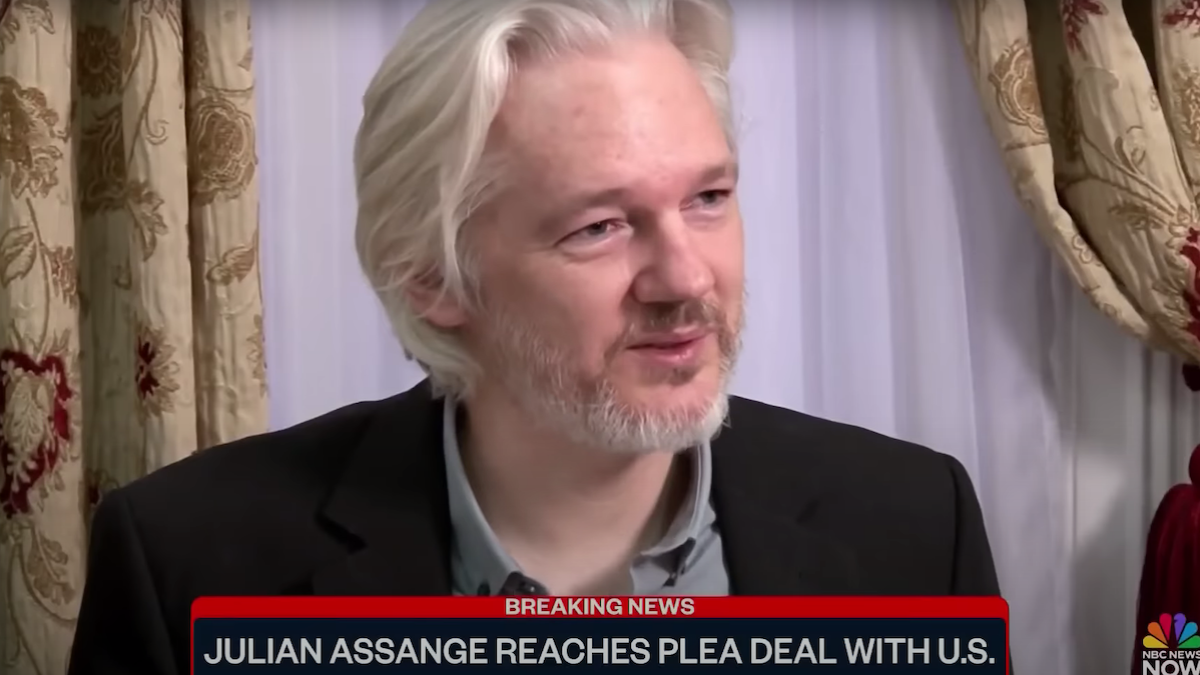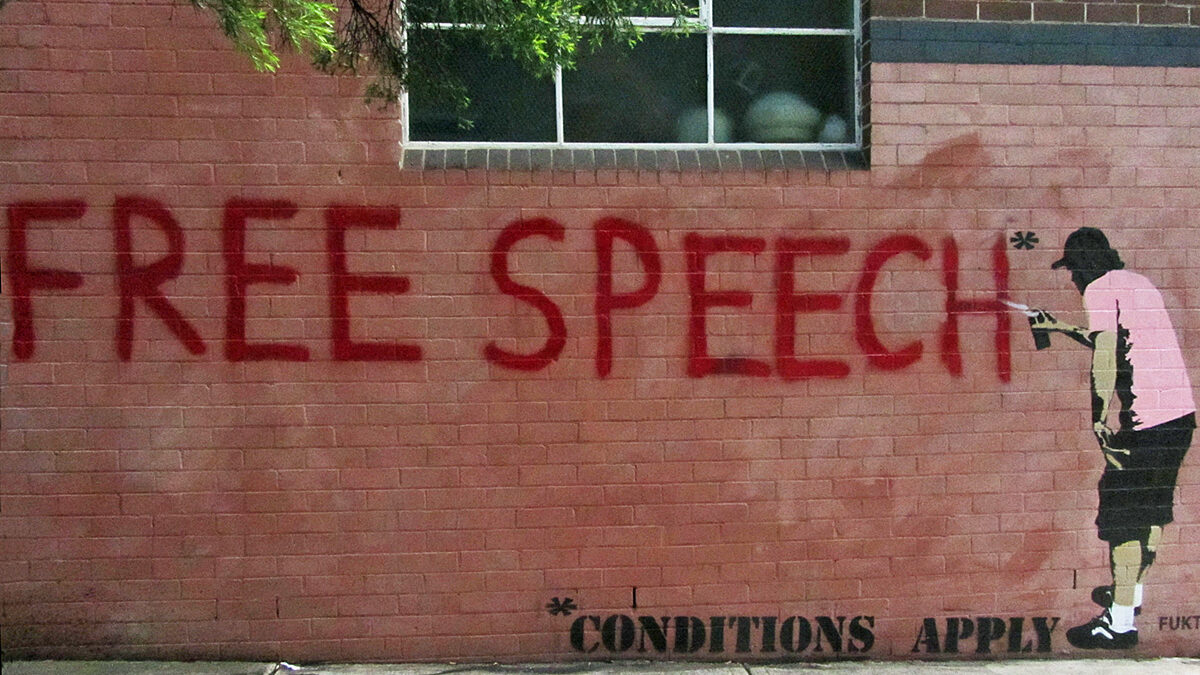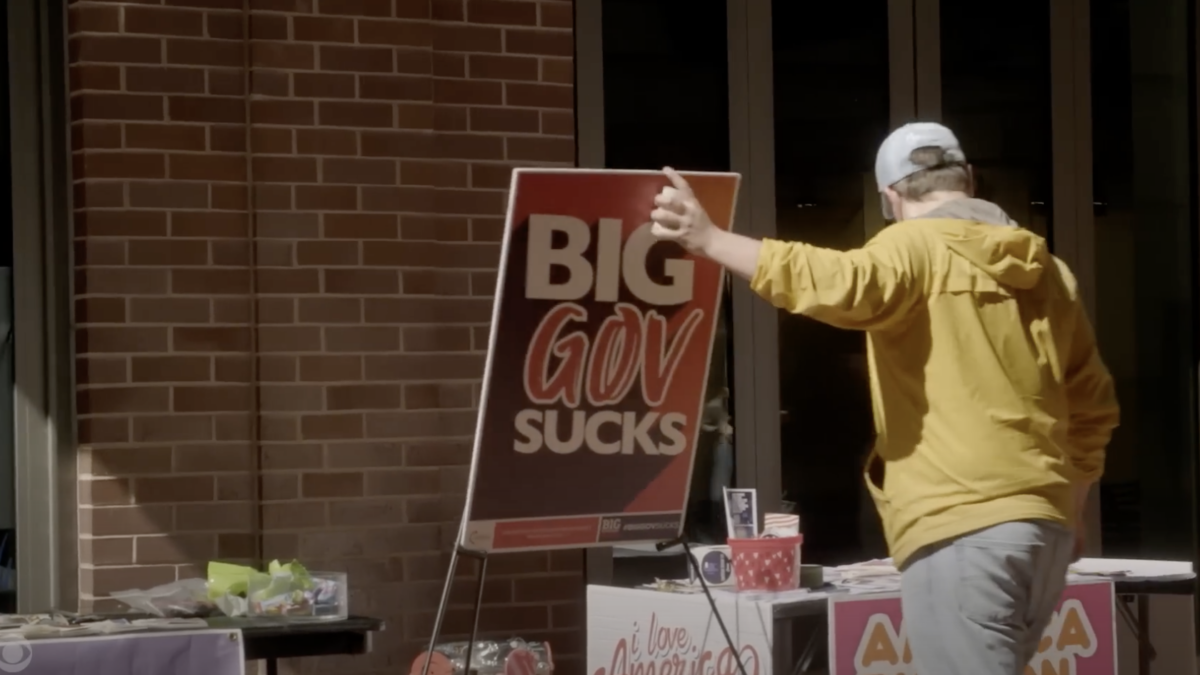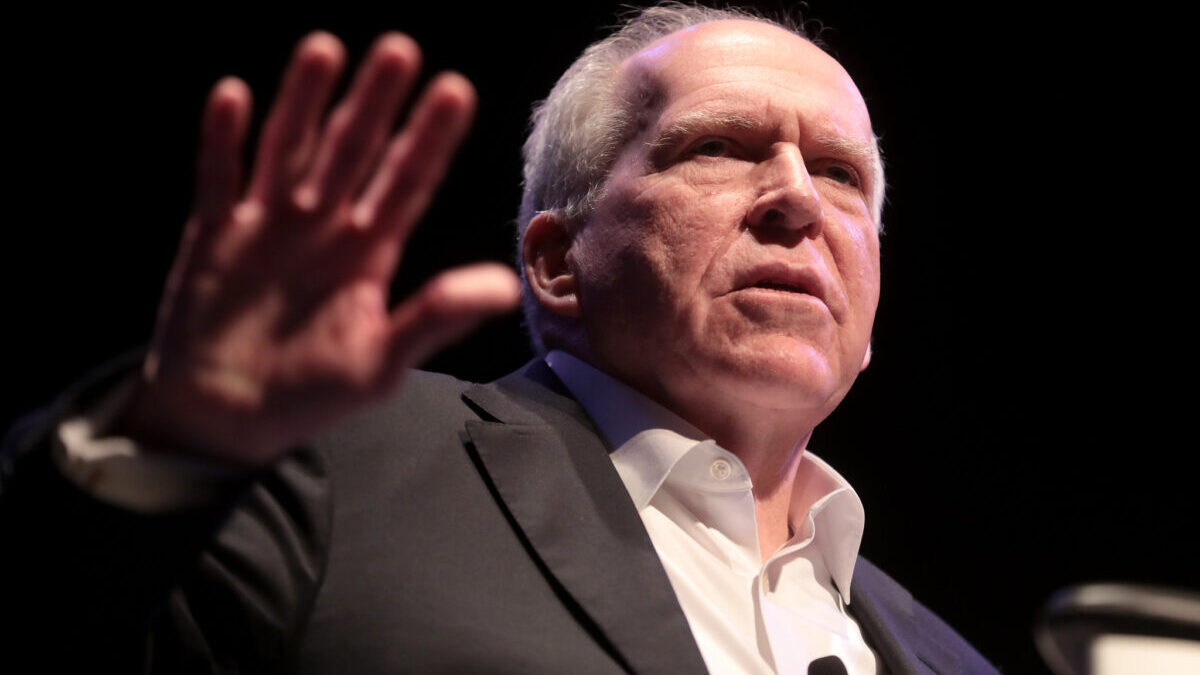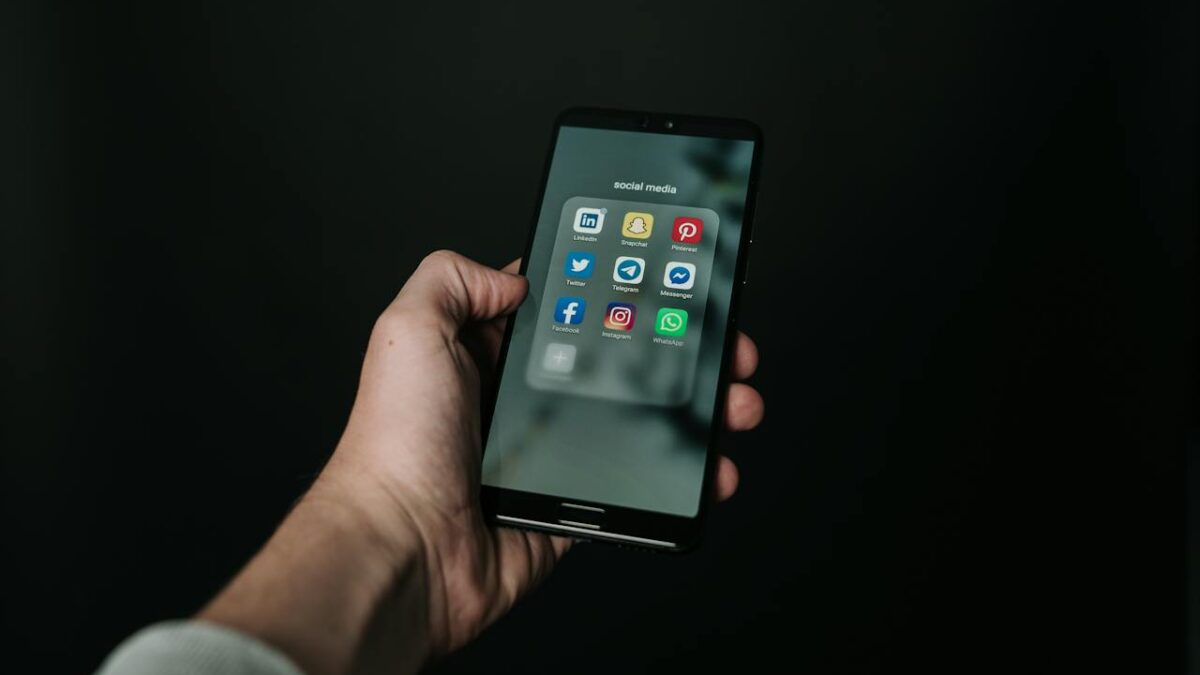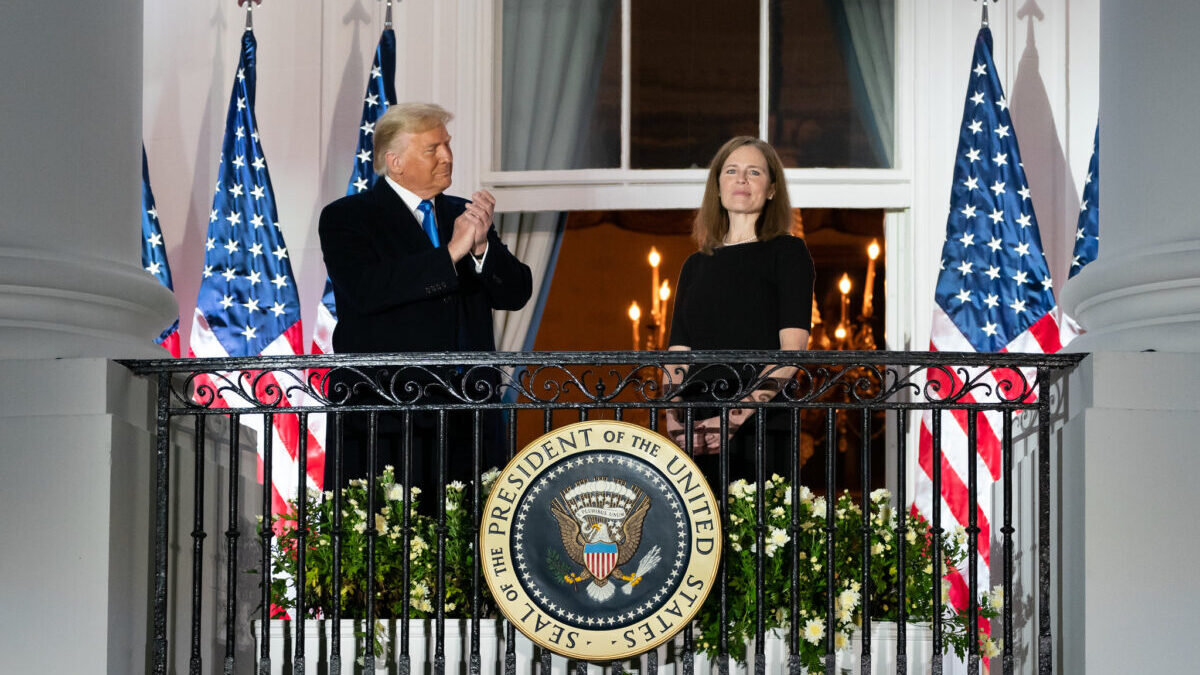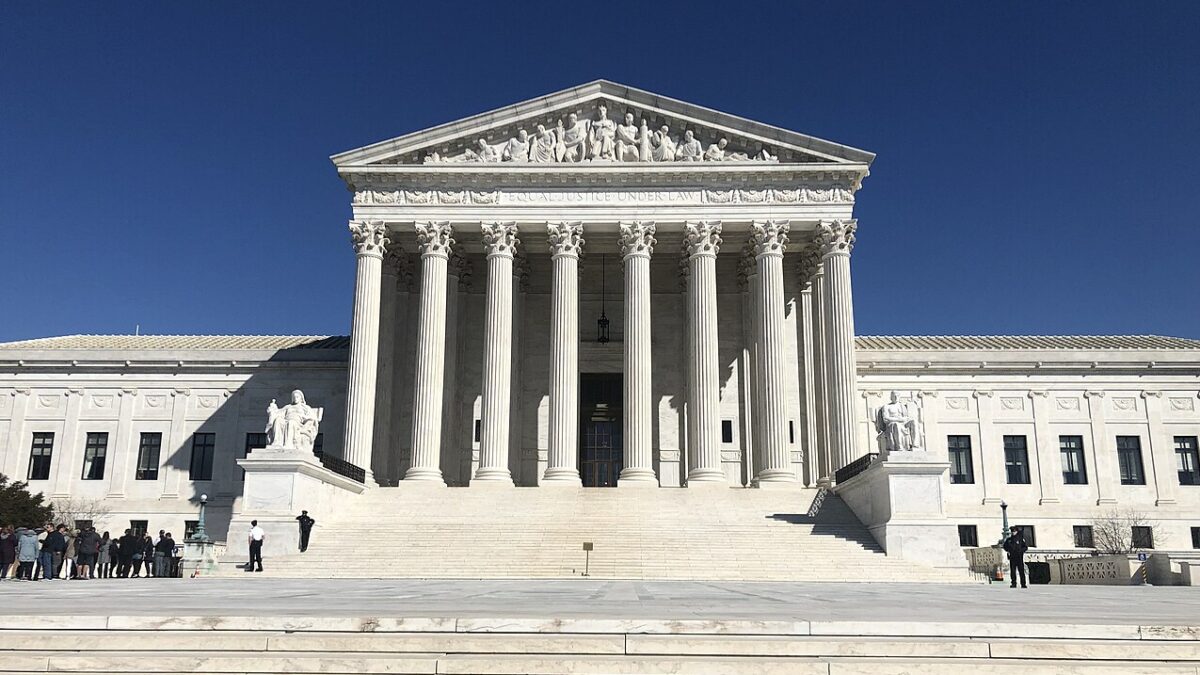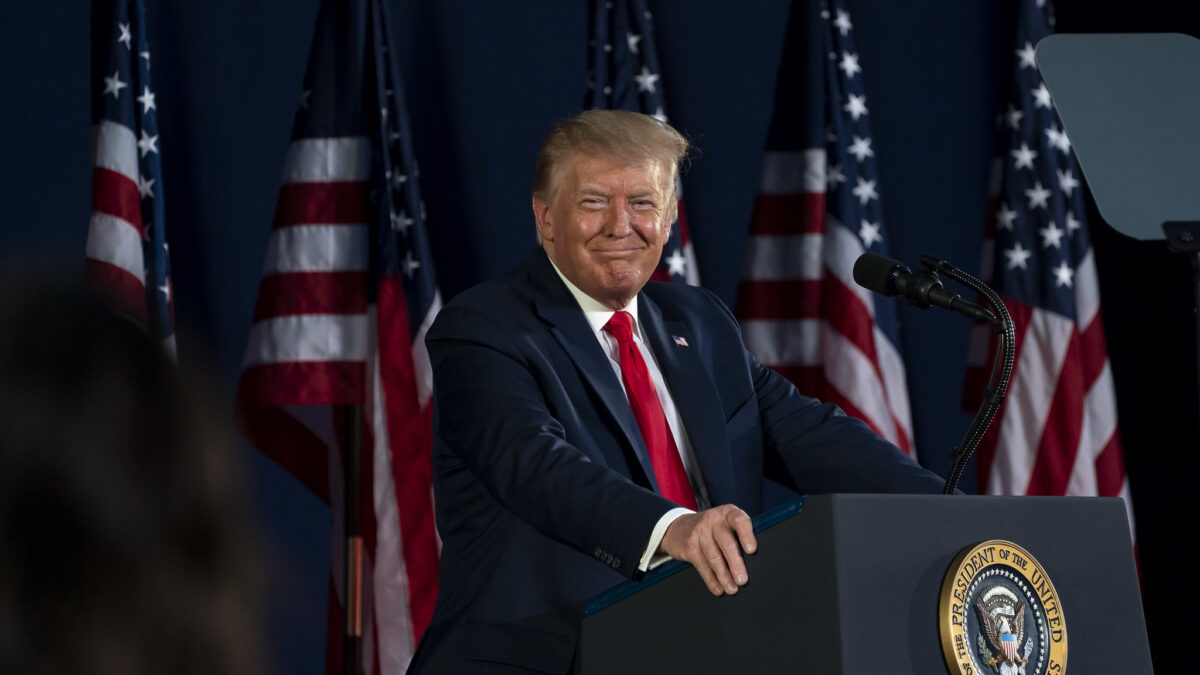Julian Assange is now a free man, but he should never have been charged with a crime to begin with.
The Wikileaks founder, who has spent the last five years in a British prison, was released Monday after striking a deal with President Biden’s Department of Justice. Assange pleaded guilty to violation of the Espionage Act for publishing classified material about U.S. government operations in the Middle East and Afghanistan beginning in 2009. He traveled to the Northern Mariana Islands, a U.S.-controlled territory, on Tuesday and was expected to appear in court there on Wednesday before continuing on to his home country of Australia to be reunited with his family.
As Assange’s years-long ordeal comes to a close, it’s worth noting that what was done to him is criminal — and it poses a very real threat for journalists who dare to question the national security state. Put simply, what Assange did is no different than what The New York Times, Washington Post, CNN, and many other corporate media outlets do every day: they publish and report on classified material that was stolen or obtained illegally by sources.
The main difference between Assange and these outlets is that Assange did what he did in order to hold power to account, whereas the corporate press does it in service of power — at least when a Democratic administration is in the White House. From the earliest days of Wikileaks, Assange’s goal was to publish information that was beyond the control of states, specifically the U.S. government. Today, most major news organizations publish only what is acceptable and approved by the government.
Recall that it was back in the halcyon days of President Obama’s first term that Wikileaks made international headlines — and Assange became public enemy number one — after the organization published reams of classified materials about U.S. military operations in Iraq, Afghanistan, and Guantanamo Bay. (Recall, too, that Obama’s Justice Department zealously prosecuted leakers, threatened reporters with jail if they didn’t agree to testify against their anonymous government sources, and clandestinely tapped the phone lines of reporters with the Associated Press.)
Some of these materials Assange received from Chelsea Manning, a trans-identifying man and former U.S. military intel officer who at the time went by his given name, Bradley Manning, and had access to hundreds of thousands of reports about the global war on terror, including sensitive information about confidential informants and sources working with the U.S. military overseas.
It was Manning, not Assange, who stole these classified materials and leaked them to a media organization in violation of federal law. Indeed, Manning was convicted on multiple charges of espionage and theft of classified materials, and sentenced to 35 years in prison.
But charging Assange with espionage for publishing illegally leaked materials sets a horrible precedent for free speech and journalism. It means, for example, that every New York Times or Washington Post reporter who writes a story citing anonymous government sources or citing classified documents could be criminally charged.
Robert F. Kennedy, Jr. made this point Monday on X after news broke of Assange’s release, rightly noting that “the US security state succeeded in criminalizing journalism and extending their jurisdiction globally to non-citizens.”
Of course, most corporate journalists are unlikely to see or admit the connection, mostly because they maintain there’s a difference between what they believe are “legitimate” news organizations and something like Wikileaks. But there’s not. The only difference is that Assange was honest about his ideological commitments and didn’t falsely represent himself and Wikileaks as a “neutral” media organization the way legacy media outlets do. He believed (and likely still believes) that governments should not keep secrets, especially about their wartime activities, and went about publishing as much secret information he could get his hands on.
Now, maybe you disagree with that. Fine. Maybe you think Assange is a bad person and a threat to U.S. national security. Fine. Maybe you think he should have exercised better judgement about publishing information about dissidents and confidential sources working with the U.S. military, and that he actually has blood on his hands as a result of the things Wikileaks published. Maybe so.
But publishing that information was not a crime. If it is, then our First Amendment is worthless, and every news organization in this country had better change the way it does business — and fast.
